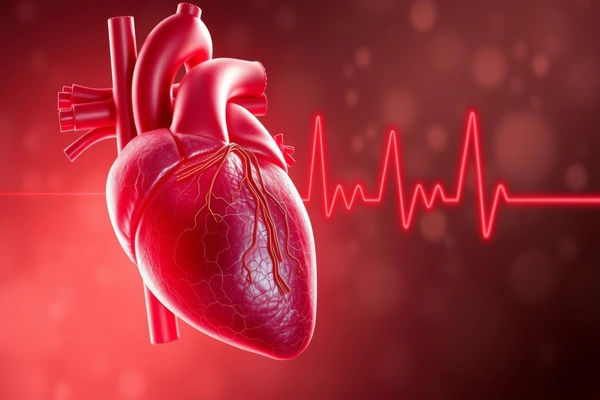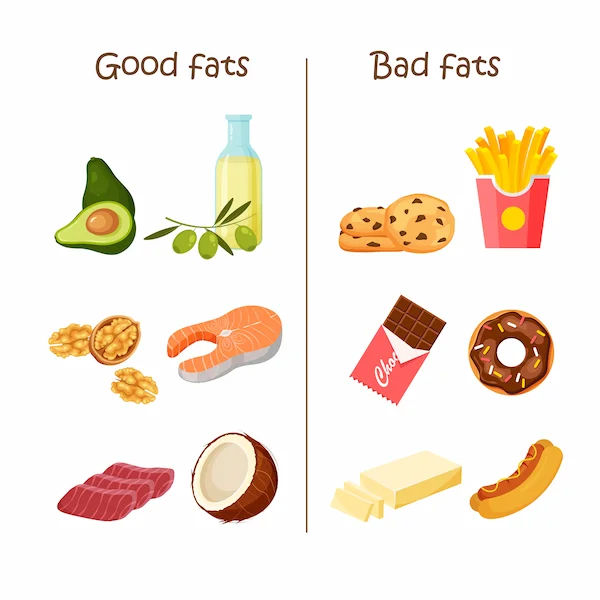- female
- 36 Years
- 29/01/2025
Greetings, doctors. I'm really worried about my heart. I'm 36, weigh 45 kg, and stand 5'4". I've been through countless tests like ECG, echo, TMT, and USG, and they all show I'm normal. Despite this, I'm terrified that I'll die of a heart attack. I witnessed my cousin's grandmother die from a heart issue right in front of me a couple of years ago, and ever since, Ive been living in fear. Because of this fear, my heart's always palpitating, I have difficulty breathing, feel dizzy, and get chest pains sometimes. Even when I had palpitations, my ECG showed normal at 116 bpm. My blood pressure is also steady, usually at 12080 or 70. It's scary, and I've even quit my job over this stress. All my tests like thyroid, KFT, lipid, vitamins, and LFT are also normal. Should I consider coronary angiography or maybe something else? I'm just feeling lost and need guidance, please.
Answered by 1 Apollo Doctors
It sounds like you are experiencing a lot of anxiety and fear related to your heart health. Given your age, weight, and the normal test results you have mentioned, it is less likely that you have a serious heart condition. The symptoms you are describing, such as palpitations, difficulty breathing, dizziness, and chest pain, could be related to anxiety and panic attacks. To help alleviate your fears and symptoms, I recommend trying a medication called Propranolol. It is a beta-blocker that can help with palpitations, chest pain, and anxiety. You can start with a low dose of 10mg once a day and gradually increase it as needed under medical supervision. In addition to medication, it would be beneficial for you to seek counseling or therapy to address the underlying anxiety and fear you are experiencing. Sertraline is an antidepressant that can also help with anxiety. You can start with a dose of 25mg daily and adjust as needed. Remember to practice relaxation techniques, such as deep breathing exercises and mindfulness, to help manage your anxiety symptoms. It is important to take care of your mental health as well as your physical health. If your symptoms persist or worsen, do not hesitate to follow up with a healthcare provider for further evaluation and support.
Dr. Mubarak Suggests...
Consult a Cardiologist
Answered 04/07/2025
0
0

More Cardiology Health Queries
View allI'm really concerned about my cholesterol levels. I had really high LDL cholesterol at 293, but after taking medications like Rosuvastatin, changing my diet, and exercising more, my bad cholesterol has apparently gone down to normal. I'm wondering though, since high bad cholesterol is known for causing blockages in arteries, does it mean I'm in the clear now that my levels are normal? Or should I still be worried about any existing blockages?
After reducing your bad cholesterol levels with Roseday 10, diet, and exercise, it is likely that the risk of blockages in your arteries has decreased. However, it is important to continue with a healthy lifestyle to maintain these improvements. Regular monitoring of your cholesterol levels is also recommended to ensure they stay within a healthy range.
Answered by 1 Apollo Doctors
I'm a bit worried because last night I had some breathing troubles and felt pain on the left side near my armpit. I went to see a doctor, and although my vitals like blood pressure and pulse were normal, he suggested an ECG, which also turned out normal. I have spondylitis, so I was wondering what tests or checkups I should consider next? Any advice would be really helpful.
Having a pain, heaviness or discomfort in your chest can be scary. It does not always mean that you are having a heart attack. There can be many other causes, including Other heart problems, such as angina Panic attacks Digestive problems, such as heartburn or esophagus disorders Sore muscles Lung diseases, such as pneumonia, pleurisy, or pulmonary embolism Costochondritis - an inflammation of joints in your chest Some of these problems can be serious. Get immediate medical care if you have chest pain that does not go away, crushing pain or pressure in the chest, or chest pain along with nausea, sweating, dizziness or shortness of breath. Treatment depends on the cause of the pain. To rule out cardiac issues. Get a ECG and 2D echocardiography done. If they are normal then get a TMT stress echo done.. Meanwhile take Tab. Flexon Mr twice a day for 5 days
Answered by 1 Apollo Doctors
I'm a bit concerned because my ECG report shows something called right axis deviation. But, I have normal blood pressure and sugar levels, and my heart rate is usually under 80. Is this something I should be worried about?
Visit Physician for evaluation and appropriate management
Answered by 1 Apollo Doctors
Disclaimer: Answers on Apollo 247 are not intended to replace your doctor advice. Always seek help of a professional doctor in case of an medical emergency or ailment.




